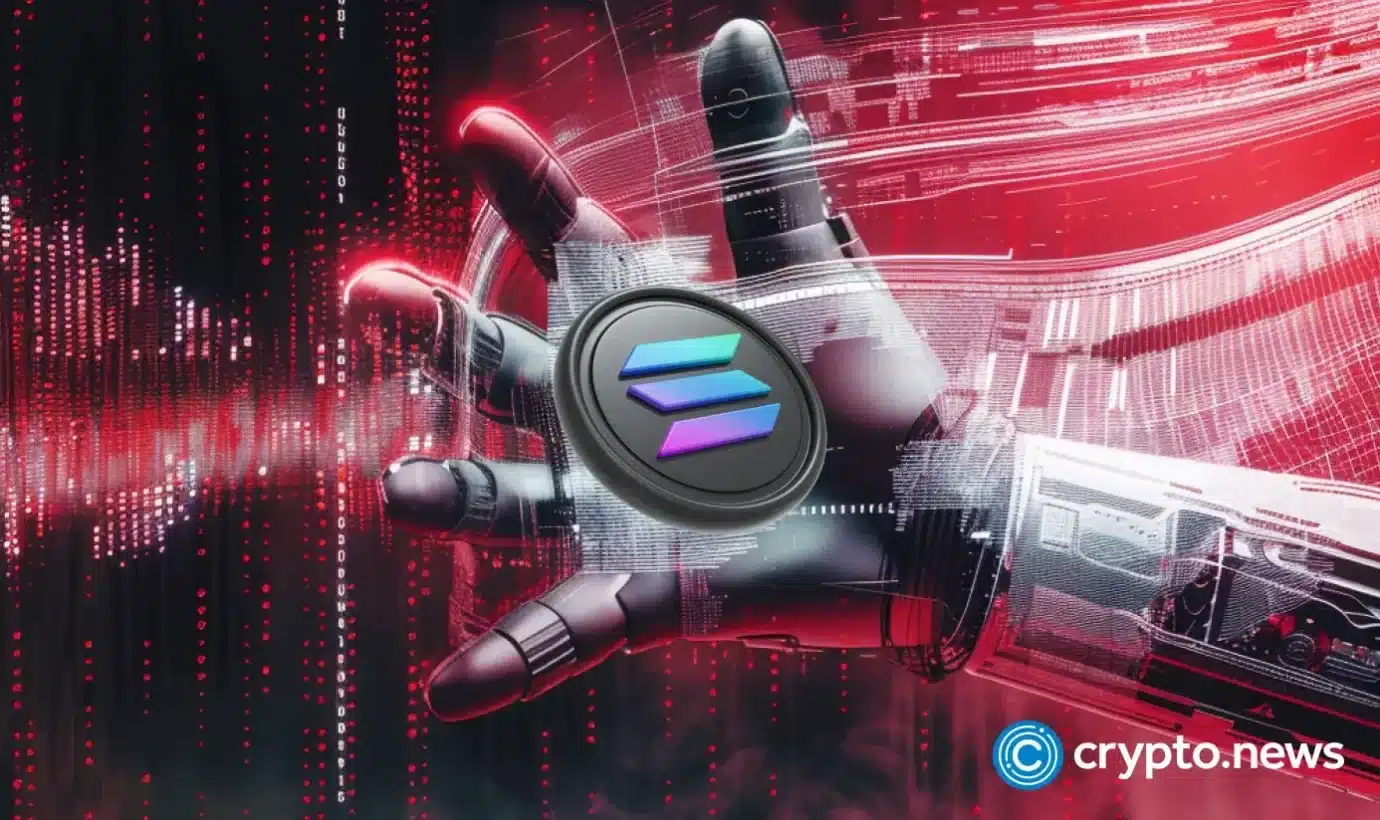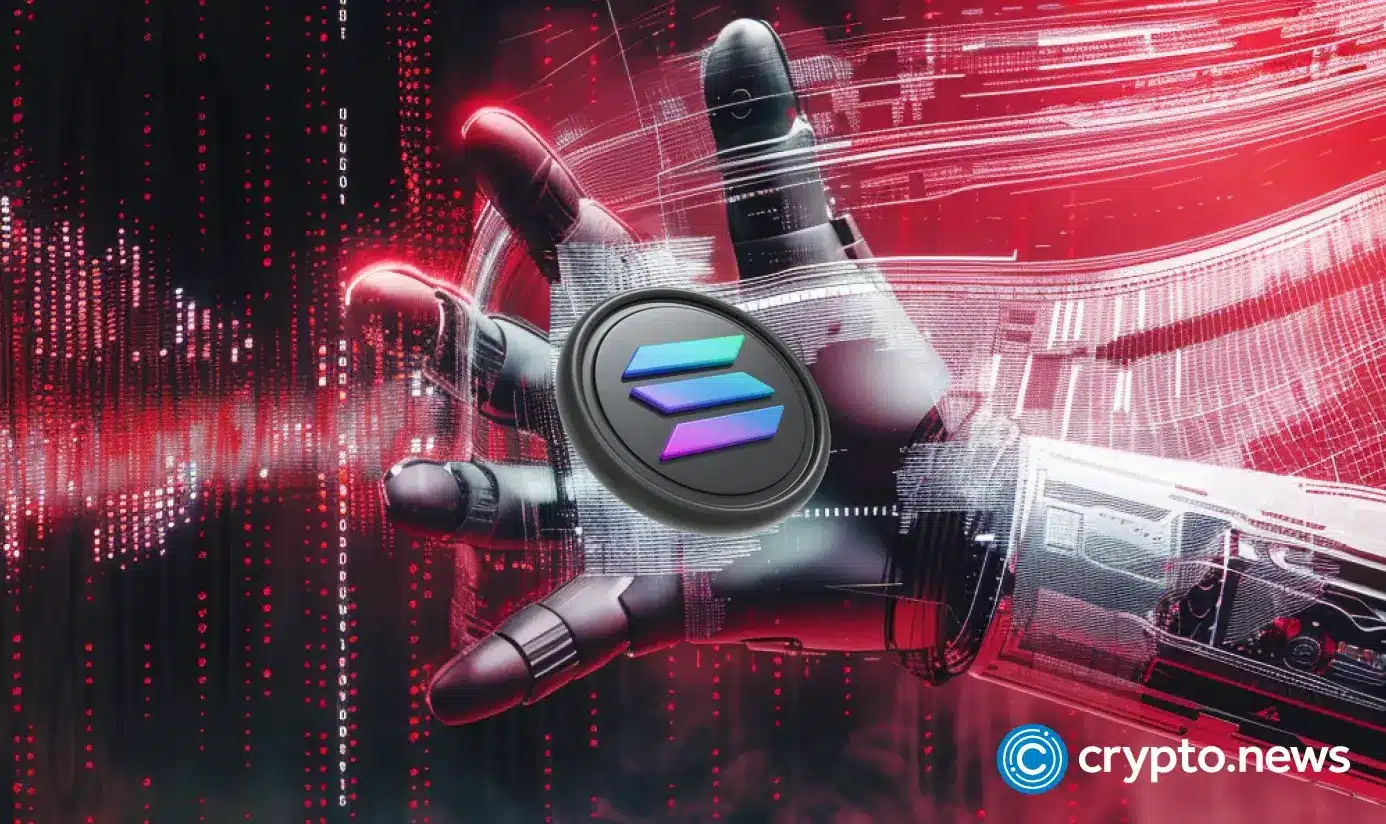
Solana-based Marinade Finance has unveiled new tools to combat validators that take advantage of traders.
Bad actors among Solana validators have long posed a challenge, but native protocols are stepping up efforts to address the issue. On Tuesday, June 24, Marinade Finance rolled out a suite of tools designed to detect and block validators engaging in sandwich attacks against users.
Marinade’s Statement on SAM Delegation to Negative MEV Validators (Sandwichers):
1/ We’ve reviewed the research shared by the @0xGhostLogs and @0x7cf teams, which highlighted the importance of strengthening our blacklisting efforts. pic.twitter.com/gMsw4LmjDp
— Marinade 🛡️ (@MarinadeFinance) June 24, 2025
Sandwich attacks occur when validators strategically place a transaction both before and after a user’s trade. Because validators can control transaction sequencing, they exploit this advantage to extract profit — at the trader’s expense.
Marinade identified such behavior in SOL delegated through its Stake Auction Marketplace. In response, the team developed more effective blacklisting mechanisms and added slashing tools that penalize malicious validators by cutting their rewards.
Solana’s Anatoly Yakovenko praises the move
To further mitigate risks, Marinade introduced Marinade Select, a curated list of trusted validators that other stakers can follow. The move has already gained notable support, including from Solana co-founder Anatoly Yakovenko, particularly in the context of liquid staking.
This is an awesome outcome and was my dream for stake pools.
We need LSTs to be used as collateral in DeFi, and for those DeFi apps to give feedback to the LSTs on what kind of validators are best for DeFi.
If this loop works I have no worries about long term ecosystem… https://t.co/Q2LMDypxuR
— toly 🇺🇸 (@aeyakovenko) June 24, 2025
Yakovenko emphasized that liquid staking protocols like Marinade, Jito, and Lido should provide feedback on validator performance. This feedback loop, he argued, can help insulate the broader ecosystem from bad actors.
Solana Foundation has been actively trying to overhaul its validator ecosystem for a while. In April, the Foundation announced that it would start cutting small validators from its delegation program. Namely, the organization gives some of its SOL tokens to validators to boost their earnings.
Still, challenges for Solana’s validator ecosystem remain. Due to high fixed costs associated with running a node, many validators struggle to break even. This is why some of them resort to operations such as sandwich attacks.




